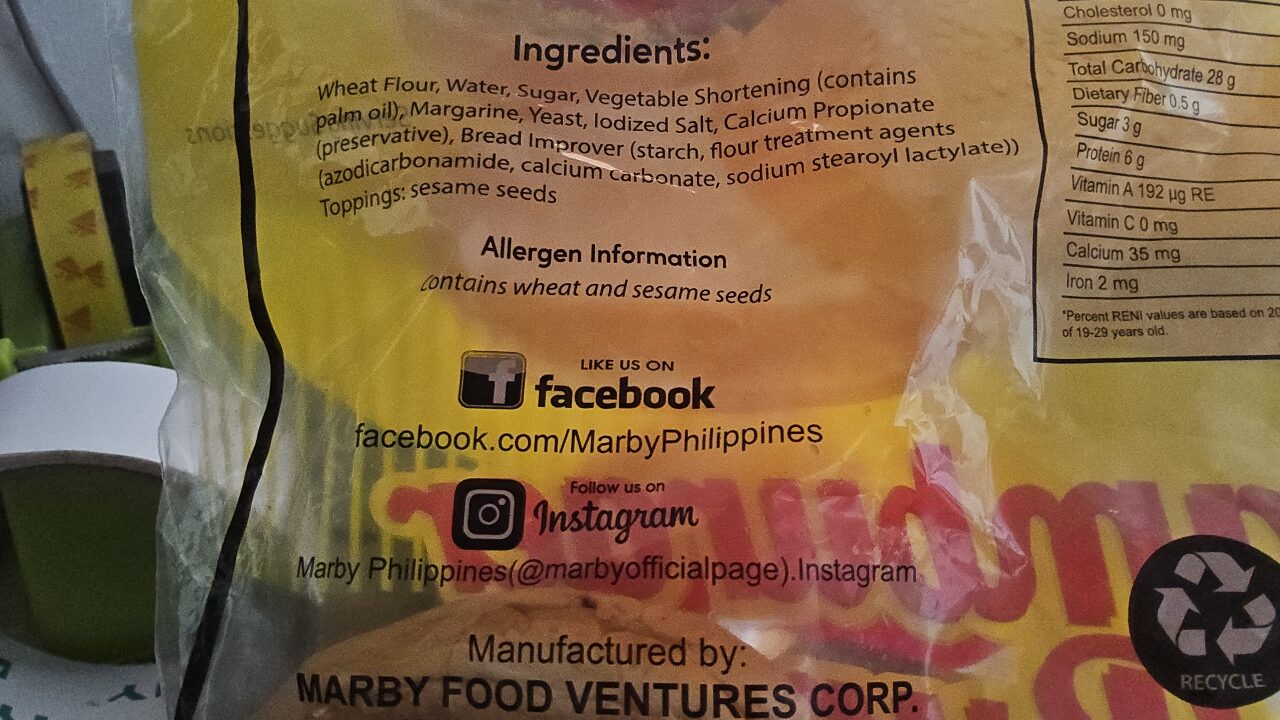
Barcode: 4800148532403
unknown
DOUBTFUL
📝 Reason: The product contains several ingredients with doubtful Halal status due to unspecified sources or lack of Halal certification. Islamic dietary laws require clear evidence of Halal compliance for all ingredients, especially those derived from animal sources or processed with non-Halal substances. Without explicit Halal certification or detailed ingredient sourcing, the product’s Halal status cannot be confirmed.
📄 Certificates: None
Ingredients:
Details
Exploring the Halal Status of the Unknown Product
The buzz surrounding halal products is ever-increasing, driven by the dietary choices of millions. However, with so many products on the market, it’s essential to scrutinize the ingredients closely. In this article, we will explore the dubitable halal status of the product named ‘Unknown’ and its key ingredients.
Why is the Halal Status Doubtful?
The halal status of the product in question is classified as DOUBTFUL. This is primarily due to unclear sources for several ingredients and the absence of halal certification. According to Islamic dietary laws, all components of a food product must be Halal-compliant, especially those derived from animal sources or processed using non-Halal substances.
Ingredient Breakdown
- wheat flour: Generally considered Halal.
- water: Generally considered Halal.
- sugar: Generally considered Halal.
- vegetable shortening: The source is unspecified, which raises concerns.
- margarine: Also has an unspecified oil source which is doubtful.
- yeast: Generally considered Halal.
- iodized salt: Generally considered Halal.
- calcium propionate (E282): A preservative whose halal status is doubtful without certification.
- bread improver: Composition is unspecified and thus may also be doubtful.
- starch: Generally considered Halal.
- flour treatment agents: Composition not specified, leading to potential doubts.
- azodicarbonamide (E927a): A dough conditioner whose halal status cannot be confirmed without certification.
- calcium carbonate (E170): Generally considered Halal.
- sodium stearoyl lactylate (E481): An emulsifier with doubtful halal status due to lack of certification.
- sesame seeds: Generally considered Halal.
Understanding E-Numbers and Their Halal Status
E-numbers are codes assigned to food additives, and they can often cause confusion amongst consumers regarding their halal status. Here’s a detailed look at the relevant E-numbers:
- E282 (Calcium Propionate): While this preservative helps prolong shelf life, its halal status is uncertain due to lack of explicit sourcing information.
- E927a (Azodicarbonamide): Commonly used in the baking industry, without proper halal certification, its status remains on the doubtful side.
- E481 (Sodium Stearoyl Lactylate): An emulsifier used in various baked products—its halal compliance is questionable without specific sources confirming its halal status.
The Role of Certification
The absence of Halal certification raises significant concerns for consumers adhering to halal dietary laws. Halal certification ensures that the product meets all the required religious guidelines. In this case, since the ‘Unknown’ product lacks certification, the halal status is dubious at best. Consumers seeking halal-compliant products must look for clear and concise certification from recognized bodies to ensure adherence to Islamic dietary laws.
Conclusion
Before including the ‘Unknown’ product in your lifestyle, it is crucial to consider its ingredients and the doubtful halal status indicated. While some ingredients are generally accepted as halal, the lack of certification and clear sourcing adds uncertainty. For those committed to halal principles, it may be wise to seek alternatives with explicit halal certification to ensure compliance with dietary requirements.
